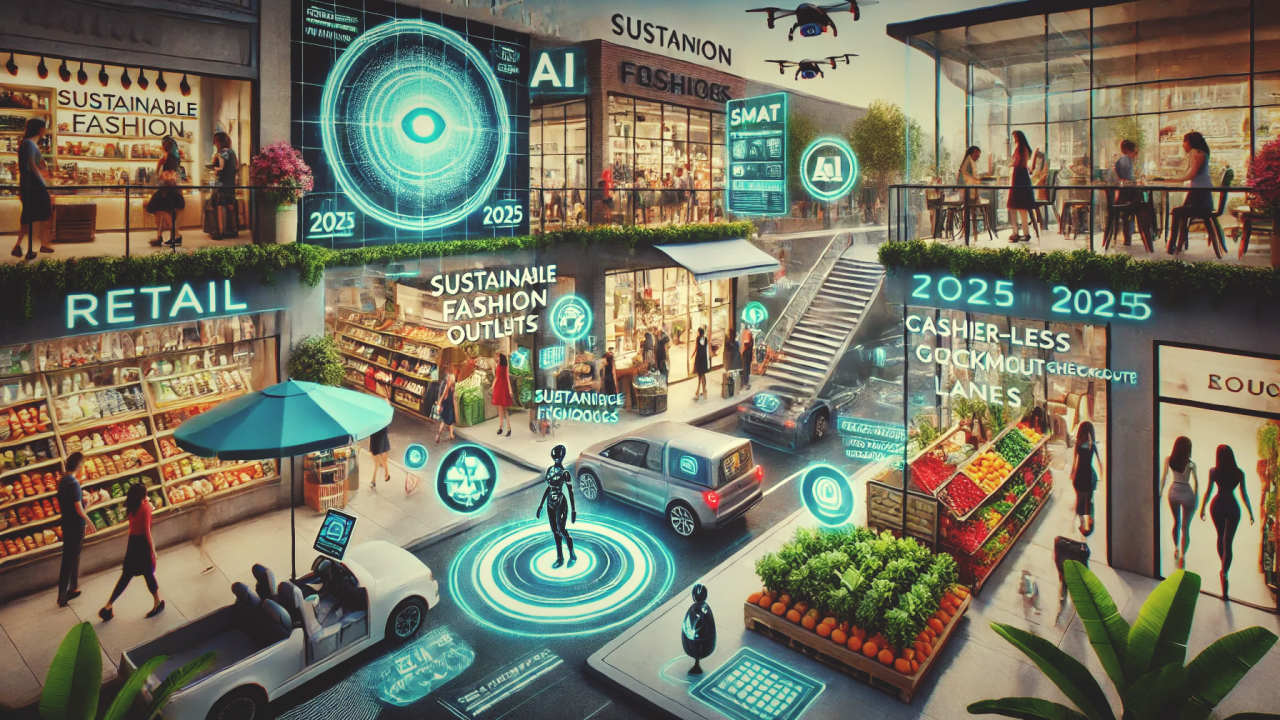
AI Business insights
Why FMCG Brands Must Blend Digital, Experiential, and Retail Marketing in 2025
The FMCG (sector is undergoing a seismic shift. Consumers are more connected, more discerning, and more demanding than ever before. To stay relevant and drive growth, FMCG brands must seamlessly integrate digital, experiential, and retail marketing strategies. Here’s why this blended approach is no longer optional – but essential.
Scott Snell, Non-Executive Director at CI Group, shares his expertise how the new consumer landscape demands a unified approach – and where artificial intelligence is now the critical enabler of relevance, agility, and growth.
Having spent decades watching the FMCG landscape evolve, I can confidently say that the past year has represented a watershed moment. The old playbook of treating digital, experiential, and retail as separate channels is not just outdated now – it’s commercially dangerous. Today’s consumers move fluidly between touchpoints, and brands that fail to deliver a unified experience risk losing relevance entirely.
The New Consumer Landscape
- Digital-First, Experience-Hungry Shoppers: Consumers have near-instant access to product information, reviews, and alternatives online. Yet, they crave hands-on experiences, community, and engagement when they interact with brands in person.
- Omnichannel Expectations: Shoppers expect a seamless journey across digital and physical touchpoints, from discovering a product on social media to trying it in-store and purchasing via mobile apps.
- Trust and Loyalty: With 60% of consumers preferring brands they trust and loyalty programmes boosting repeat purchases by up to 25%, brands must build authentic, ongoing relationships across all channels.
Where AI Comes In: The Engine Behind Modern Integration
As I reflect on the pace of change in FMCG, it’s clear that blending digital, experiential, and retail marketing isn’t just about ticking boxes – it’s about orchestrating a consistent, compelling brand experience wherever consumers choose to engage. The complexity of this task has only increased as channels multiply and expectations rise. This is where artificial intelligence is now indispensable.
AI is powering the next generation of FMCG marketing by enabling hyper-personalisation, real-time insights, and operational agility. For example, 80% of FMCG brands now allocate over 20% of their marketing budget to digital channels, with 70% increasing digital spend post-pandemic. AI and data analytics are at the heart of this shift, driving smarter recommendations, targeted ads, and content that resonates with individuals at scale.
But the impact goes far beyond digital. In physical retail, AI-driven personalisation, smart mirrors, and AR/VR are transforming stores into interactive brand hubs – places where technology and experience converge to create lasting emotional connections. Even packaging is evolving, with creative, tech-enabled designs sparking conversations and differentiation on crowded shelves.
The most successful brands in 2025 are those that use AI to break down silos between digital, experiential, and retail teams, creating unified campaigns and customer journeys. They leverage AI not just for efficiency, but for creativity – launching campaigns three times faster, creating content twice as efficiently, and delivering up to 8% uplift in campaign performance through hyper-personalisation. Crucially, they do this while keeping the technology invisible: 80% of FMCG marketers see AI as essential, but only 8% of consumers want overt AI-led interactions. The lesson? Let AI power relevance behind the scenes, so the experience feels human and authentic.
Action Steps for FMCG Leaders
- Break down organisational silos to deliver cohesive, omnichannel campaigns.
- Invest in AI, AR/VR, and data analytics to personalise experiences and optimise spend.
- Prioritise trust and transparency – use technology to build relationships, not just transactions.
- Continuously innovate with new formats, packaging, and experiences to stay ahead of consumer expectations.
In summary – the future of FMCG marketing lies in a seamless blend of digital, experiential, and retail, powered by AI. Brands that master this integration, balancing creativity, technology, and trust, will win the hearts and loyalty of tomorrow’s consumers.
